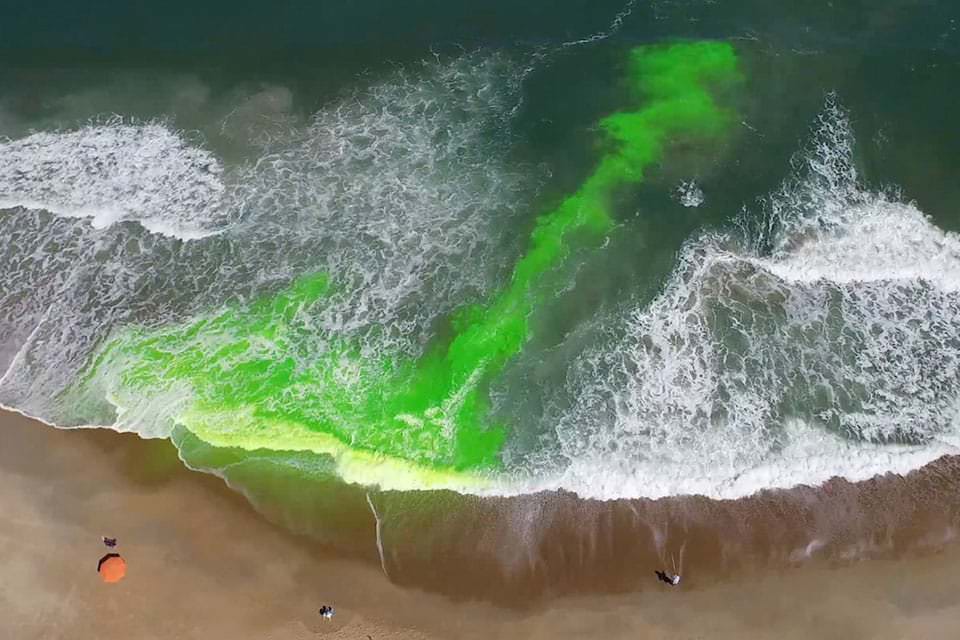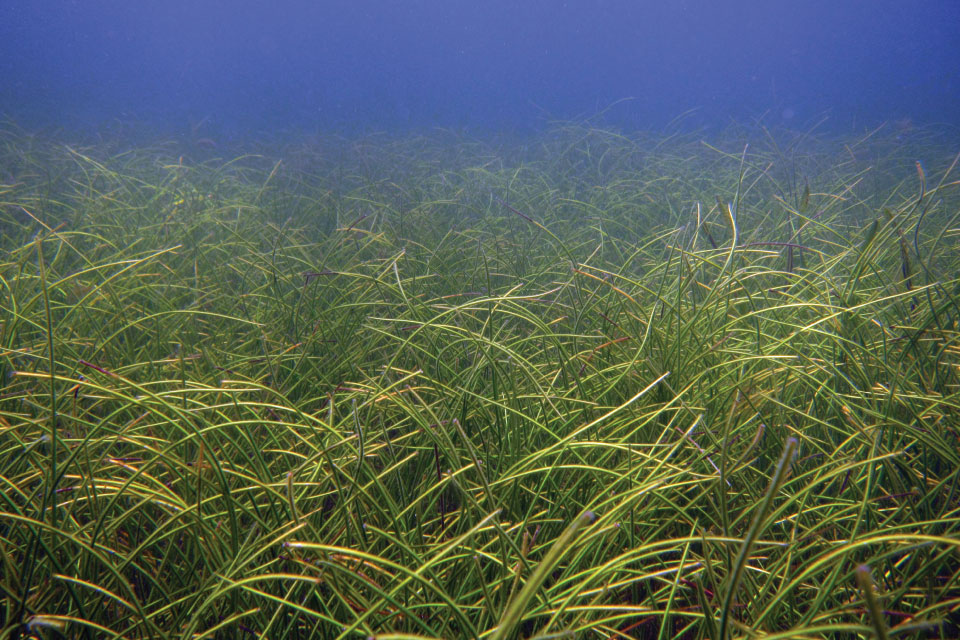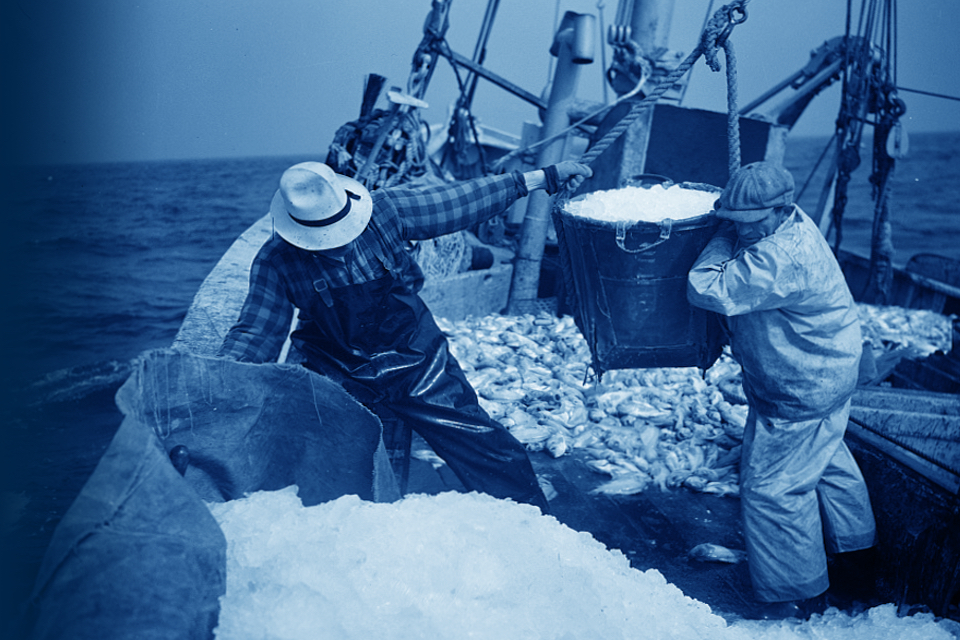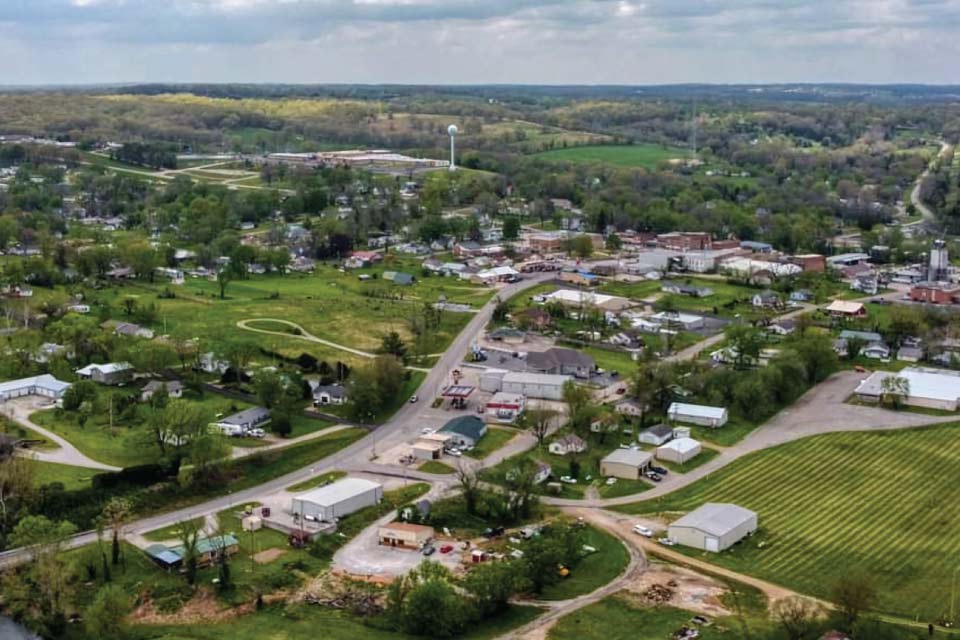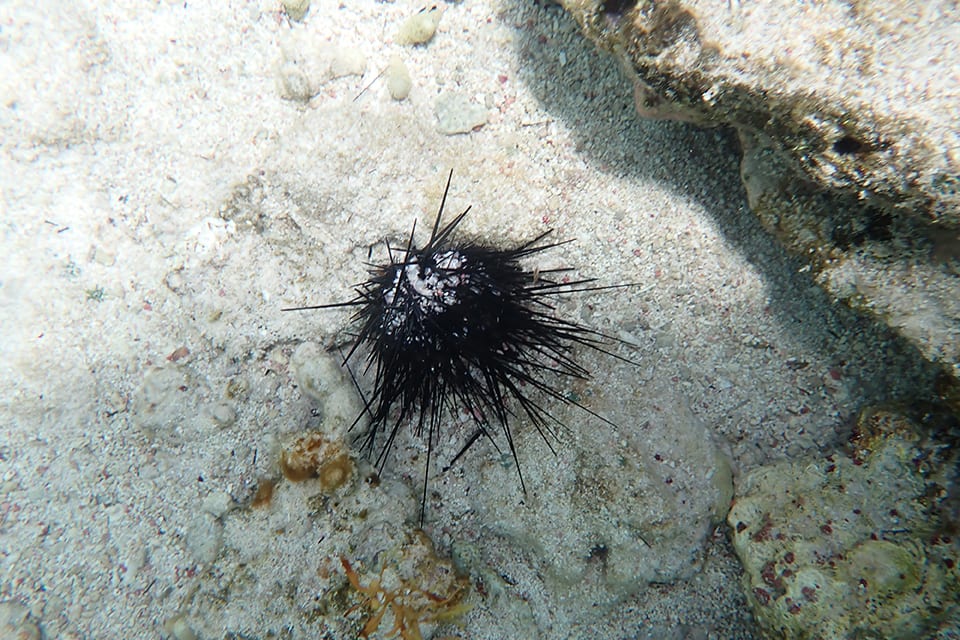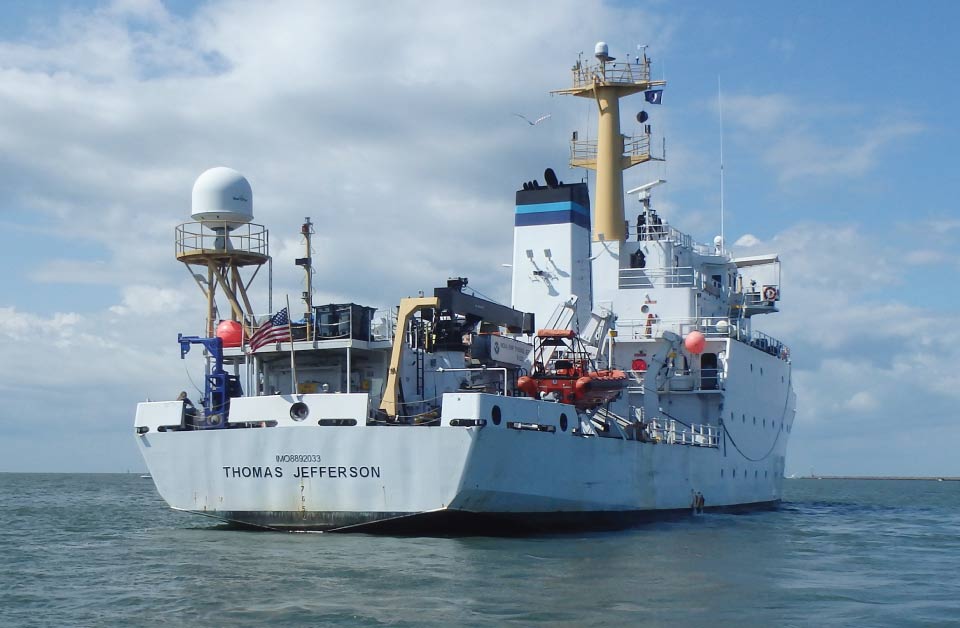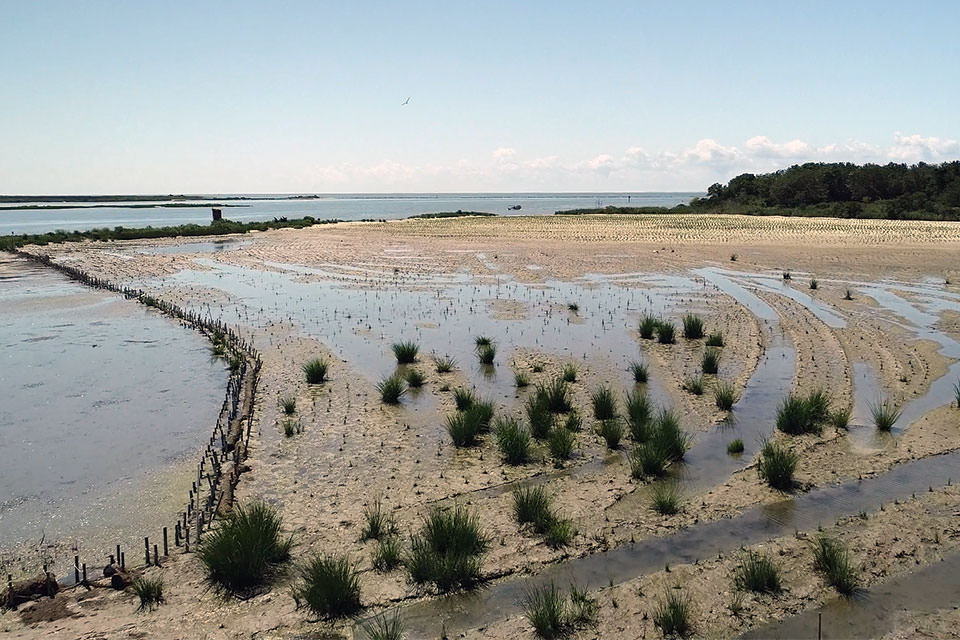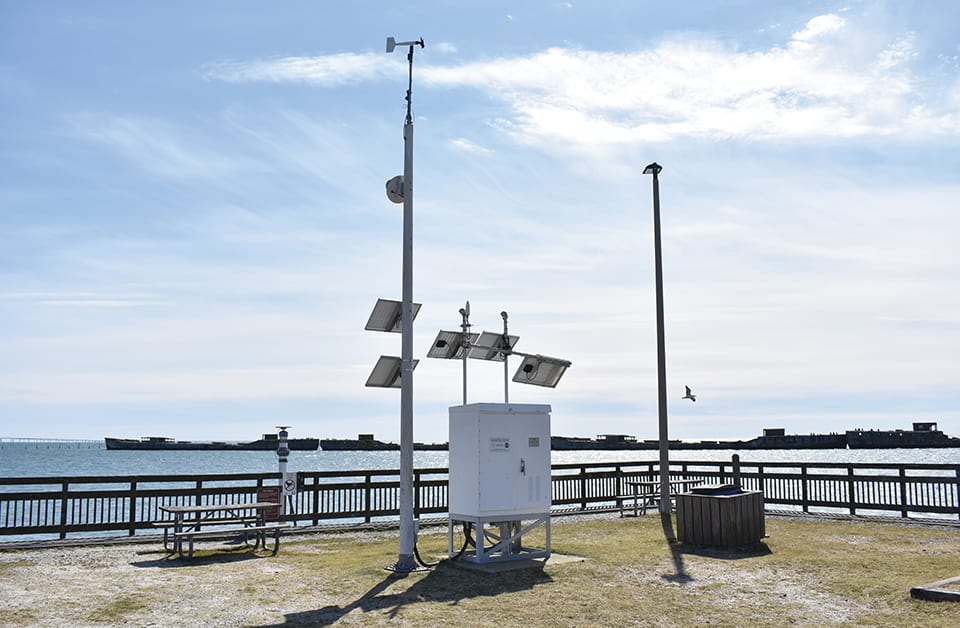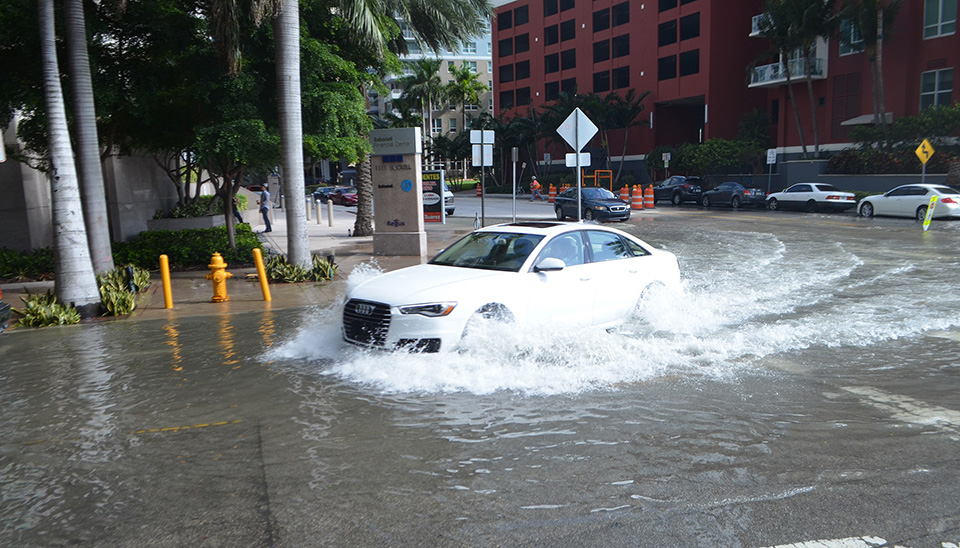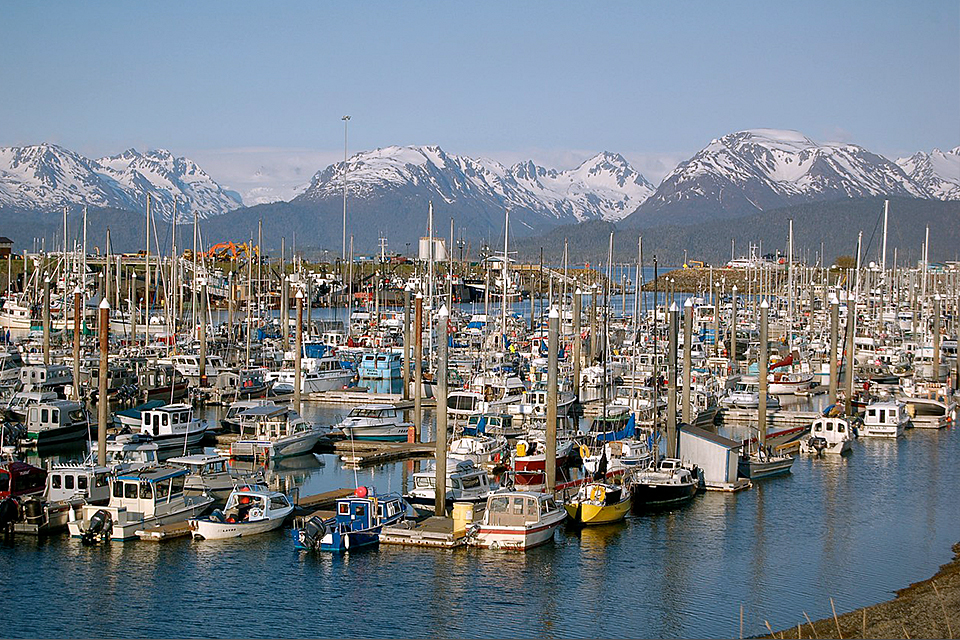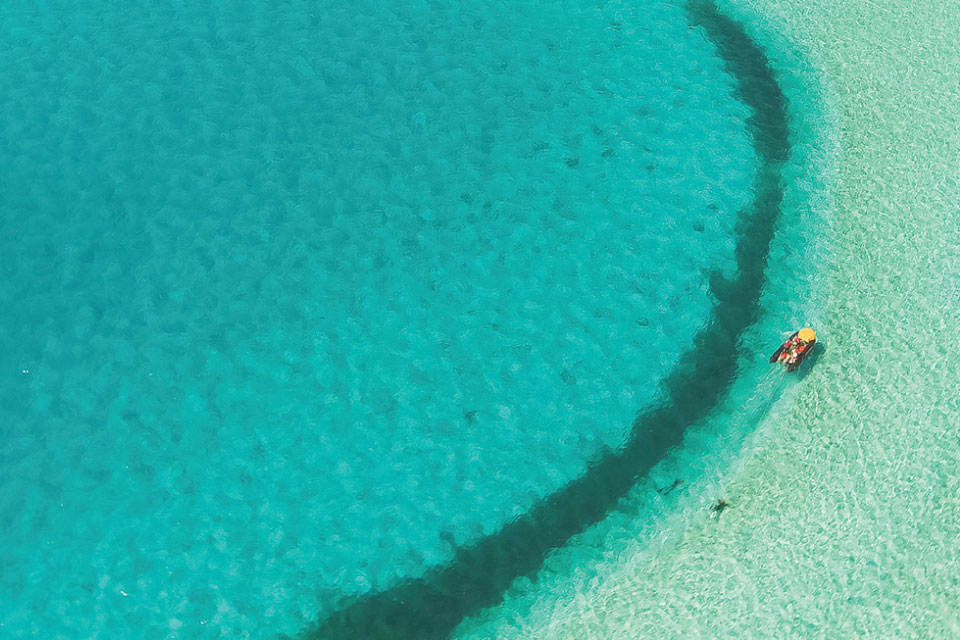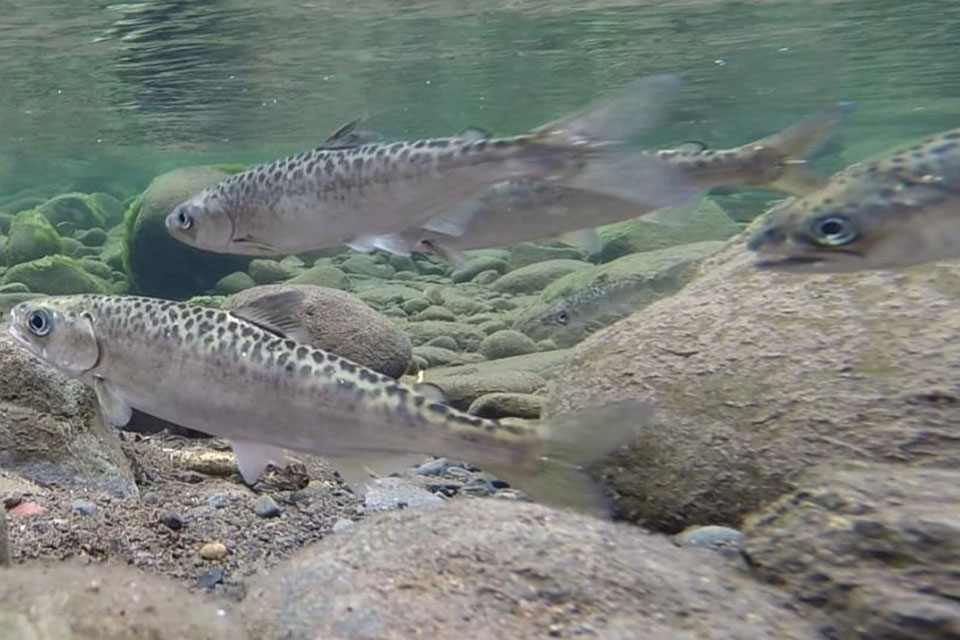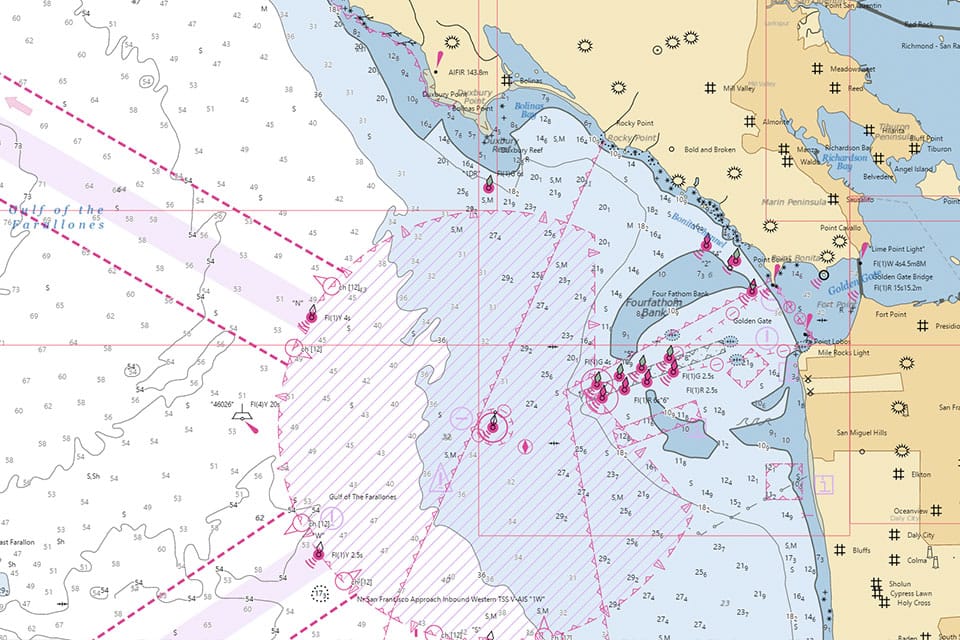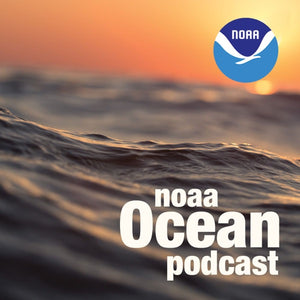
About
From corals to coastal science, connect with NOAA experts in our podcast series that explores questions about the ocean environment.
National Ocean Service
30 Episodes
Episodes
Since 2007, NOAA’s National Ocean Service has been working to update the National Spatial Reference System. This huge project will modernize the system for measuring the horizontal positions and vertical... more
Marine debris is a large and global problem. Plastics, metals, rubber, fishing gear, and other lost and discarded items enter our ocean, Great Lakes, waterways, and coastal areas every day.... more
Rising waters can spell trouble for coastal areas. The impacts of high tide flooding can range from longer commute times to business closures and construction delays. NOAA plays a vital... more
In this episode, we travel to Olympic Coast National Marine Sanctuary. Boasting rugged coastlines and encompassing over 3,000 square miles, this special place is home to a rich abundance of... more
Not all reefs in the ocean are naturally occurring. Artificial reefs are human-made structures that come in a variety of shapes and sizes. In this episode, we learn about what... more
Hurricanes are powerful storms that can threaten life and property. We revisit an episode with our podcast hosts as they discuss the roles of the National Ocean Service in hurricane... more
With origins tracing back more than 200 years, NOAA’s National Geodetic Survey is in the business of "knowing where things are." In this episode, we go behind the scenes with... more
In this episode, we explore how scientists across the National Estuarine Research Reserve System conducted the first-ever North American wildlife inventory of these habitats. We chat with Dr. Kenny Raposa,... more
When temperatures rise, coral bleaching can occur. In this episode, we explore what happens during bleaching events, how corals are affected, and how we can help protect these important ecosystems.... more
In this episode, we revisit a previous podcast on these storm-fueled waves and discuss how they differ from tsunamis. We're joined by Dr. Gregory Dusek, senior scientist with NOAA's National... more
When it comes to oil spills and their impacts on marine environments, water and oil don’t mix. In this episode, we chat with an oil spill response expert and share... more
In this episode, we're heading to the Florida Keys, the only place in the continental United States with shallow water coral reefs. But these corals are not the only thing... more
In this podcast, we dig into the science behind sand: the ways it’s formed, the benefits it provides ecosystems, and the protection it offers coastal communities. We’re joined by Dr.... more
Rip currents pose a threat to those that spend time in the ocean or Great Lakes. In this episode, Dr. Gregory Dusek, senior scientist with NOAA’s National Ocean Service, talks... more
Gliders are autonomous, uncrewed, underwater vehicles that collect data — providing scientists with a more complete picture of what is happening in the ocean and the Great Lakes. In this... more
USACE: Foundational Research on Rebalancing with Blue Carbon
In this episode, we present a podcast from the U.S. Army Corps of Engineers (USACE) called Engineering with Nature®. The show features a panel of experts discussing their research on... more
Seagrasses are plants that grow in semi salty water to full seawater in the intertidal and subtidal zones of the ocean. As one of the most productive ecosystems in the... more
The NOAA Voices Oral History Archive is a collection of more than 2300 oral histories. In this episode, we explore how this valuable resource helps us better understand the impact... more
For over six decades, the National Geodetic Survey has partnered with the U.S. Census Bureau to calculate the U.S. center of population — the precise location where an imaginary, flat,... more
In this episode, an expert from NOAA’s Coral Reef Conservation Program discusses a disease affecting long-spined sea urchin populations in the Caribbean. We explore how disease has impacted these organisms... more
Keeping our marine transportation system moving safely and efficiently through our busy national waterways depends upon hydrography — the science that measures and describes the physical features of bodies of... more
Engineering with Nature: USACE, NOAA, and the Value of Partnership
In this episode, we present a podcast from the U.S. Army Corps of Engineers called Engineering with Nature. Host Sarah Thorne and Todd Bridges, Senior Research Scientist for Environmental Science... more
Tsunamis pose a threat to our nation’s coastal communities and can have devastating impacts to lives and property. These powerful forces of nature can be caused by events like earthquakes,... more
In this episode, we talk with two members of the Federal Sea Level Rise Task Force about the new Sea Level Rise Technical Report, released in 2022. This landmark interagency... more
In this podcast, we share a new series from the Alaska Ocean Acidification Network called The Future Ocean. It's about the effects of ocean acidification and ocean warming on coastal... more
From protecting kelp forests and corals to inspiring international collaboration with a common goal, Marine Protected Areas (MPAs) play a vital role in conserving our Earth’s special marine places. In... more
When pollution harms our waterways from single events like oil spills or from industrial sites over a span of decades, the cleanup phase is just the beginning. Ultimately, through a... more
What do harmful algal blooms, dust from the Saharan desert, and hurricanes have in common? They are all pieces of the puzzle that modeling puts together to give us the... more
What do harmful algal blooms, dust from the Saharan desert, and hurricanes have in common? They are all pieces of the puzzle that modeling puts together to give us the... more
NOAA is moving into the digital age by phasing out paper nautical charts over five years. In this episode, we talk with NOAA Corps Capt. EJ Van Den Ameele, chief... more






